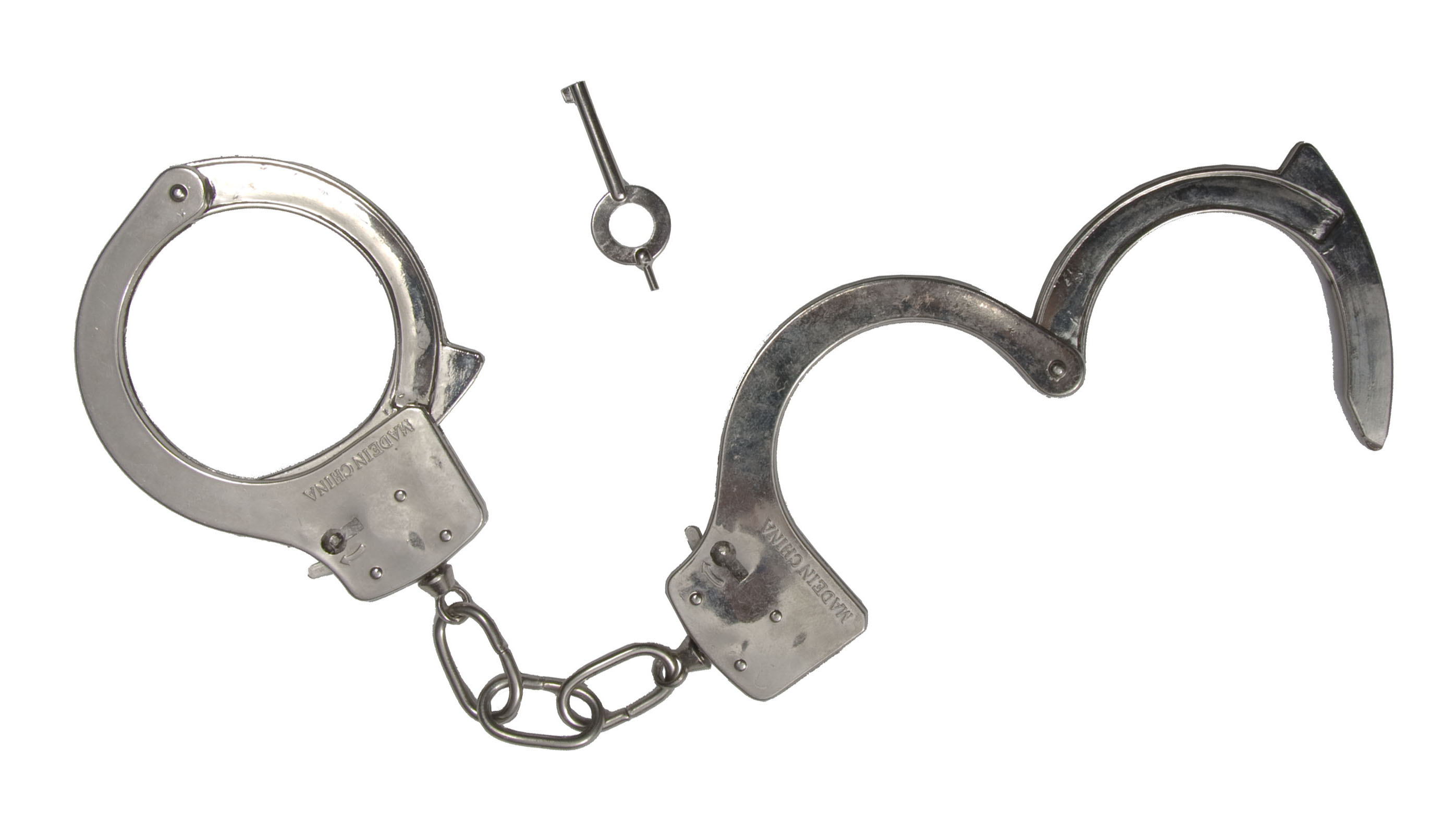(Photo from : thespecialised.com)
As privileged students attending a Russell Group University, we have been offered every opportunity to make a success of our lives. Despite the overwhelming negative rhetoric in the media surrounding the struggle graduates have establishing themselves in the job market, the reality behind the myth is that graduates are at the top of the food chain when it comes to finding employment. Realistically, climbing the career ladder is tough, but it wouldn’t be rewarding if it was easy. Saying this, there’s a big difference between tough and nearly impossible.
Ex-offenders are last in line for employment opportunities. When faced with a form to fill in a job application, one box determines their future: Check “yes” if you’ve ever been convicted of a crime.
Knowing that applications from candidates with a criminal history are likely discarded, ex-offenders are immediately confronted with the choice of lying to ensure their application is taken seriously, or they tell truth and run the risk of losing out on job opportunities altogether. Institutionalised employment bias is prevalent within all industries, meaning that any sentence is a life sentence for an ex-offender.
Fortunately, more and more companies have begun to redress the balance, giving ex-offenders a fighting chance at a brighter future. For example, Timpson, a key cutting and shoe repair business with three stalls in Leeds and more than 1000 stores nationwide, employs over 270 former convicts, with the aim of providing equal opportunities to marginalised groups. Furthermore, Virgin Trains which operates rail networks in the North of England, have been recruiting ex-offenders since 2013; they have recently announced further plans to host an increased number of recruitment days at prisons across the country, every three months, in an attempt to prevent reoffending.
According to the Ministry of Justice, Department for Work and Pensions, only one-in-three offenders find a job a year after their offence. Despite these stark unemployment figures, the government is trying to tackle the marginalisation of ex-offenders as well as people who are homeless or recovering from drug addiction with their See Potential scheme; by working in partnership with over 100 major businesses including Marriott and Marks & Spencer, the government is encouraging employers to offer more opportunities for disenfranchised minorities who have continually struggled to find work.
Employing former offenders is not only socially responsible, but also makes good business sense: figures generated by the Business and Community outreach charity have shown that work inclusion results in improved awareness of community issues, reduced absenteeism and labour turnover as well as direct positive financial implications.
Considering the benefits of employing former convicts, why aren’t local businesses working harder to provide employment for them?
Ex-offenders are often more dedicated and willing than other applicants as their eagerness to succeed stems from a motivation to remain out of prison. Having seen the harsh realities of life on the inside, offenders are keen to establish a life for themselves which prevents reoffending. Unfortunately, all too often the stigma of being an ex-prisoner prevents former offenders from making a success of their lives a second time around, because of employment bias. An important message that needs to be emphasised is that everyone deserves a second chance to prove their worth, to themselves and to society, especially ex-offenders, who are often not given the opportunity to do so.
By Julia Constable

